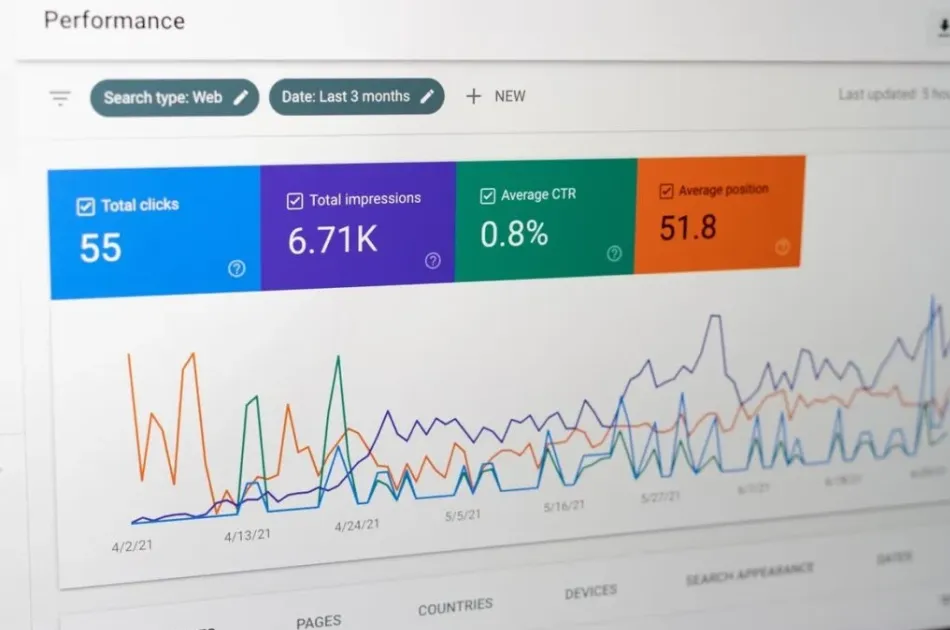- Admin
- Jan 18, 2025
- Website Development
How to Optimize Your Website for Local Search Engines in 2025
In 2025, local search engine optimization (SEO) remains a critical strategy for businesses looking to attract customers within their geographic area. With advancements in technology and evolving search engine algorithms, optimizing your website for local search engines requires a mix of traditional practices and modern techniques. Here’s a comprehensive guide to help you succeed.
1. Claim and Optimize Your Google My Business Profile
Google My Business (GMB) is foundational for local SEO success. Follow these steps to ensure your profile is optimized:
- Claim Your Profile: If you haven’t already, claim your GMB profile.
- Add Accurate Information: Ensure your business name, address, phone number (NAP), and website URL are accurate and consistent across all platforms.
- Choose Relevant Categories: Select the most relevant categories that describe your business.
- Upload High-Quality Images: Showcase your storefront, products, and services with professional images.
- Encourage Reviews: Respond to customer reviews promptly and politely, as reviews significantly impact local rankings.
2. Optimize for Voice Search
Voice search continues to grow, especially for local queries like “near me” searches. To optimize:
- Use conversational language and long-tail keywords.
- Answer common questions about your business in your website content (FAQs).
- Focus on mobile-friendliness and fast page load times.
3. Use Local Keywords
Identify keywords that reflect local intent, such as:
- [City] + [Business Type] (e.g., “Los Angeles Italian Restaurant”).
- [Neighborhood] + [Service] (e.g., “Brooklyn Plumbing Services”).
- Include these keywords naturally in:
- Page titles.
- Meta descriptions.
- Header tags.
- Content.
- Image alt text.
4. Create Location-Specific Content
Develop content tailored to your local audience:
- Write blog posts about local events, news, or community stories.
- Publish case studies or testimonials from local customers.
- Create service area pages for specific cities or neighborhoods.
5. Ensure Consistent NAP Information
Consistency is crucial for local SEO:
- Use the same name, address, and phone number across your website, GMB profile, and online directories.
- Use tools like Yext or BrightLocal to manage your citations.
6. Leverage Local Backlinks
Backlinks from reputable local websites help build authority:
- Partner with local businesses for cross-promotional opportunities.
- Sponsor local events or charities and request backlinks in return.
- Get listed on local directories and chambers of commerce websites.
7. Implement Schema Markup
Local schema markup helps search engines understand your business better:
- Use “LocalBusiness” schema to provide details like your address, business hours, and services.
- Test your schema using Google’s Rich Results Test tool.
8. Optimize for Mobile Users
Most local searches are performed on mobile devices, so:
- Use responsive design to ensure your site looks good on all devices.
- Keep your site’s load time under 3 seconds.
- Simplify navigation for mobile users.
9. Focus on Online Reviews
Reviews are a key factor in local search rankings:
- Ask satisfied customers to leave reviews on Google, Yelp, and other platforms.
- Monitor and respond to reviews, both positive and negative.
- Highlight positive reviews on your website.
10. Use Social Media to Boost Local Visibility
Social media platforms can help you engage with local audiences:
- Share location-specific posts and updates.
- Collaborate with local influencers or community groups.
- Use local hashtags to increase your reach.
11. Track and Measure Your Performance
Monitor your local SEO efforts to identify what works:
- Use Google Analytics to track traffic and user behavior.
- Monitor your rankings for local keywords using tools like SEMrush or Ahrefs.
- Check your GMB insights to see how customers find your business.
Conclusion
Optimizing your website for local search engines in 2025 requires a combination of technical SEO, engaging content, and local engagement strategies. By following these best practices, you can improve your online visibility, attract more local customers, and stay ahead of your competition.
Start implementing these steps today and watch your local business thrive in search engine results!




Share on